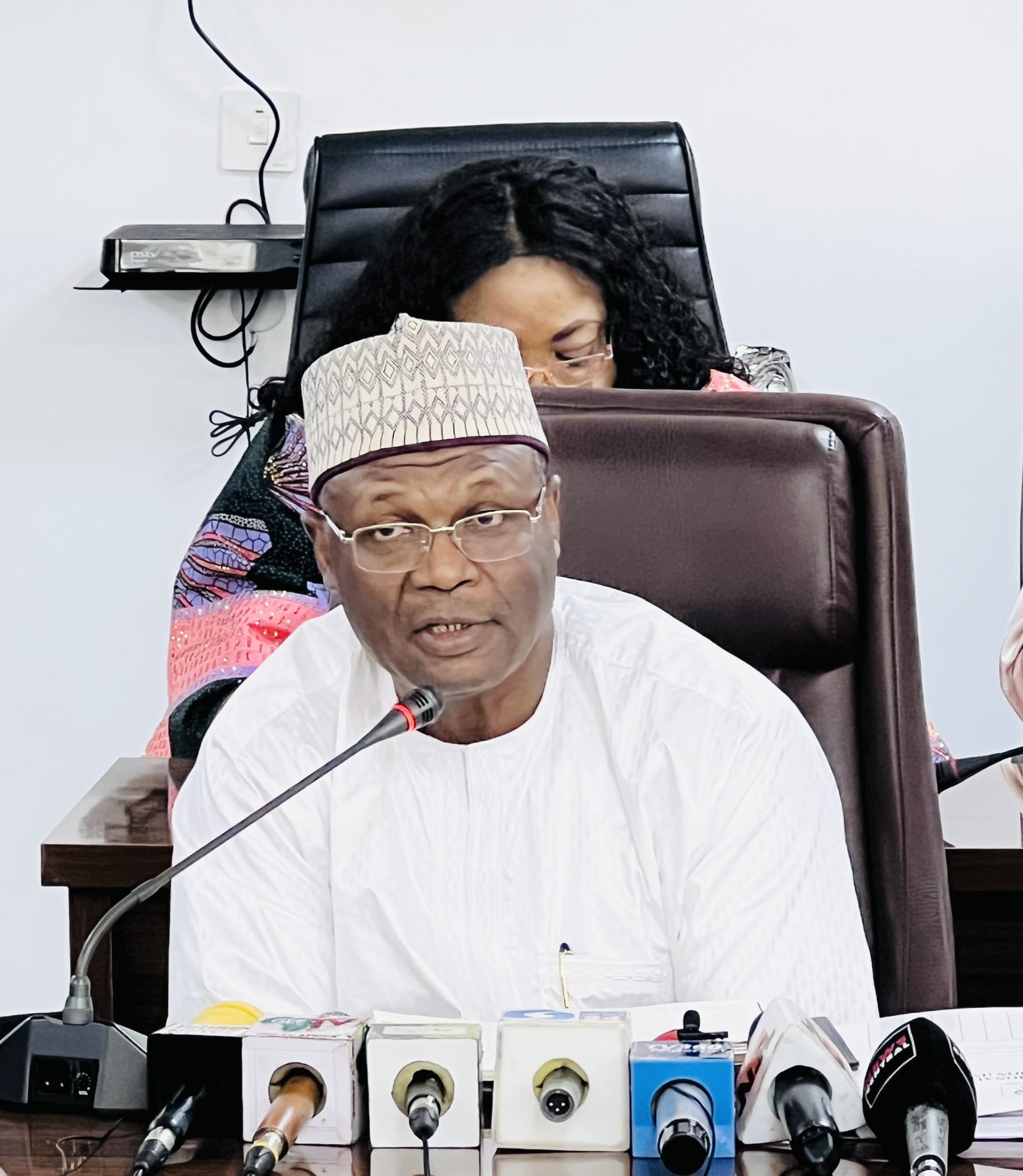
The Independent National Electoral Commission (INEC) has ramped up its preparation for the February 2023 general elections with the extension of an invitation to various observer missions including the United Nations (UN), European Union (EU), African Union (AU), the Economic Community of West African States (ECOWAS) amongst others.
Prof Mahmood Yakubu, Chairman of INEC disclosed this at Monday’s launch of phase II of European Union Support to Democratic Governance in Nigeria (EU-SDGN) held at the International Conference Centre, Abuja.
He said the Commission considers the deployment of election observation missions as a critical part of an effort at enhancing public confidence and trust in the elections, adding that “their recommendations have been especially useful in reviewing our processes and the introduction of some of the progressive reforms in our electoral legal framework in line with global good practices”.
Prof Yakubu expressed appreciation to Ambassador Samuela Isopi, Head of the EU Delegation to Nigeria and ECOWAS for the Invitation to the event marking the closure of phase I of EU -SDGN and the launch of Phase II of the support program.
According to the INEC Chairman, the i “closure of Phase I and the simultaneous launch of Phase II of the EU-SDGN Programme is a further affirmation of the enduring commitment and support of the European Union towards strengthening democratic institutions and the consolidation of democracy in Nigeria”
He pointed out with joy that INEC was a key beneficiary of phase I, noting that the Programme implemented by the European Centre for Electoral Support (ECES), assisted the commission in the areas of training and capacity building for our staff, engagement with stakeholders, voter education and public enlightenment and the promotion of inclusivity.
“The support went a long way to complement the Commission’s efforts at strengthening our organisational and planning capacity, improvement of our internal and external communication, more frequent consultation with stakeholders and advocacy for increased participation in the electoral process.
”The combination of these actions and activities not only enhanced public confidence in the Commission but also provided valuable assistance in strengthening the integrity and credibility of the electoral process.
“A major achievement in this regard is the progressive provisions of the Electoral Act 2022, especially the deployment of technology for voter accreditation and result management at polling unit level”.
Yakubu said phase II ( EU-SDGN II) is designed to build on the successes achieved under Phase I.
.”The new programme is anchored on the priorities of the European Union and the Federal Republic of Nigeria as contained in the Indicative Programme 2021-2027 and formulated based on the key recommendations of the EU Election observation Mission (EU-EOM) report on the 2015 and 2019 General Elections.
“The thematic components and strategic areas of intervention in the programme include support to INEC; the National Assembly; the Judiciary; Political Parties; Civil Society Organisations; the Media; and the promotion of inclusivity through increased participation of women, youth and other marginalised groups in the electoral and democratic processes”
He assured the EU Delegation of INEC’s cooperation with the consortium of partners to implement the support to the INEC component of the EU-SDGN II.
“We will also continue to create the enabling environment to facilitate the work of the partners for the successful implementation of the programme. The choice of the partners signifies a vote of confidence in their capacity to undertake actions and implement activities that are critical to promoting the institutionalisation of democratic norms in our country.
“We will work with the implementing partners for free, fair, credible and inclusive elections”, Yakubu stressed.






